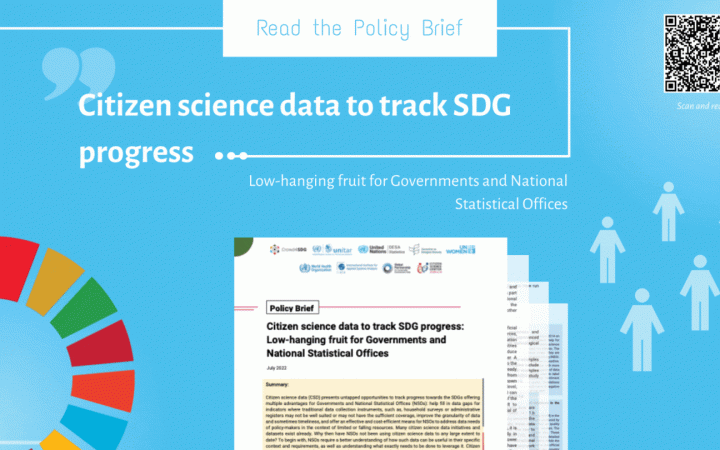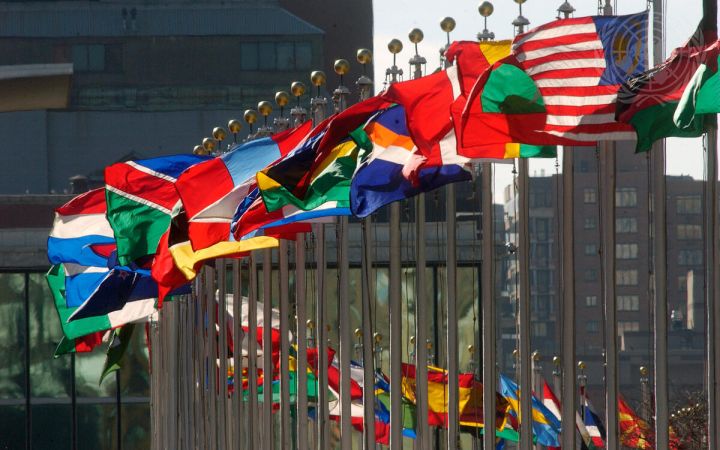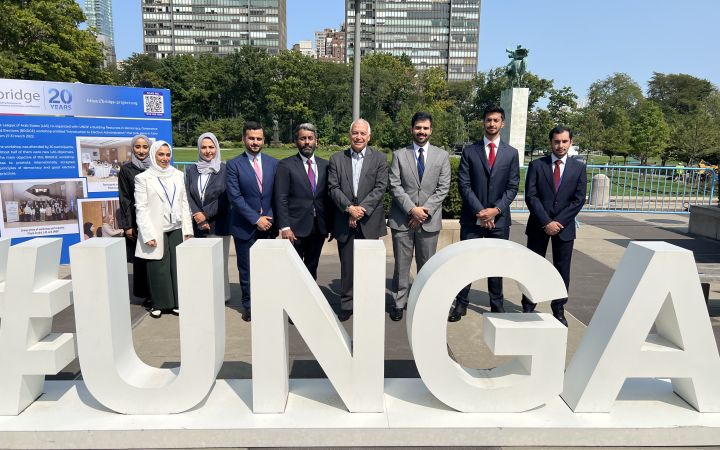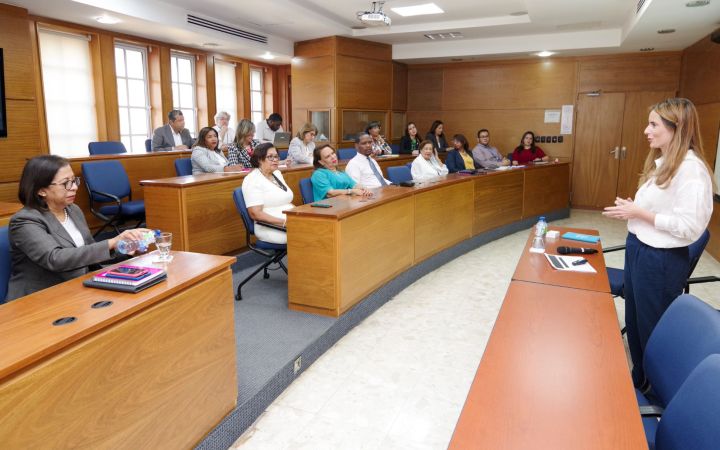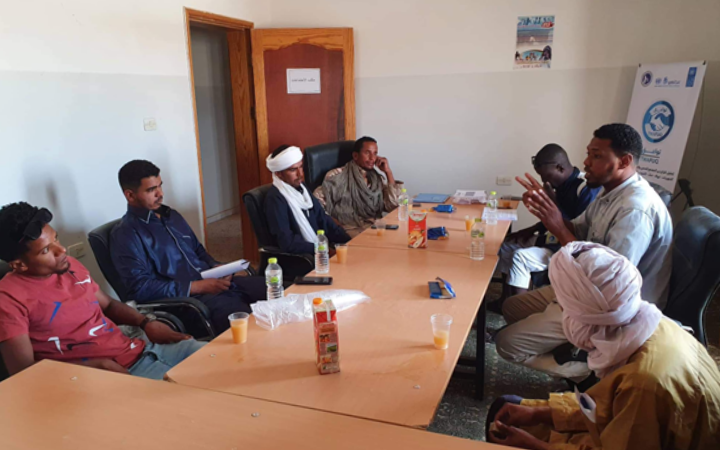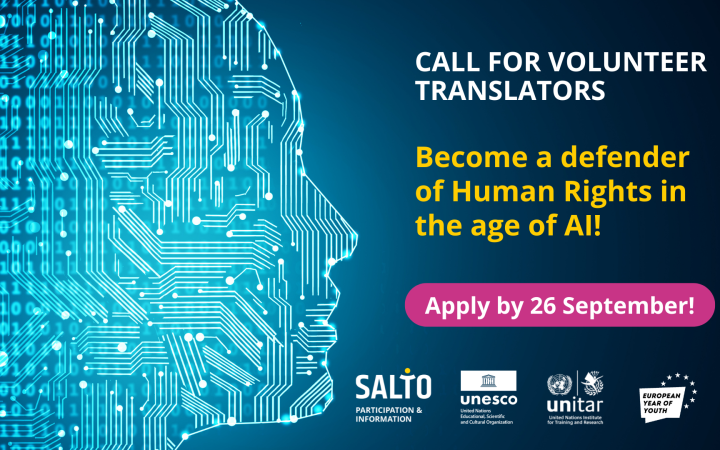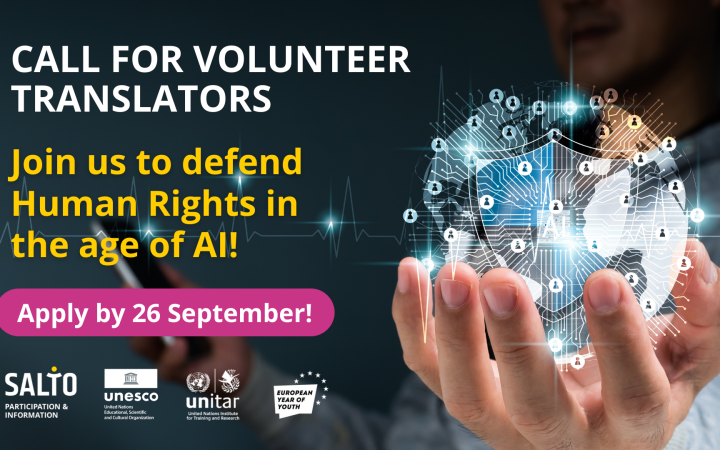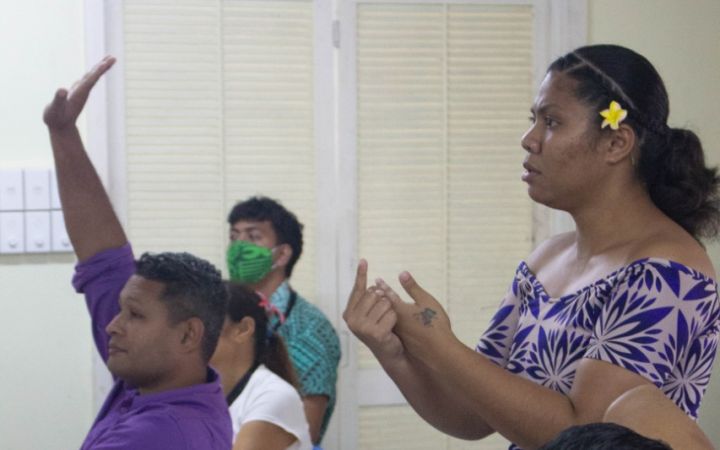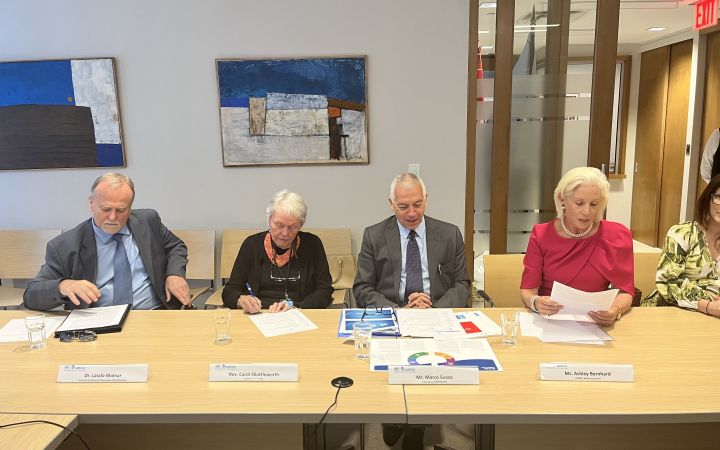Displaying 841 - 850 of 1776
Citizen science data (CSD) presents untapped opportunities to track progress towards the SDGs offering multiple advantages for Governments and National Statistical Offices (NSOs): help fill in data gaps for indicators where traditional data collection instruments, such as, household surveys or administrative registers may not be well suited or may not have the sufficient coverage, improve the granularity of data and sometimes timeliness, and offer an effective and cost-efficient means for NSOs to address data needs of policy-makers in the context of limited or falling resources. Many citizen science data initiatives and datasets exist already. Why then have NSOs not been using citizen science data to any large extent to date? To begin with, NSOs require a better understanding of how such data can be useful in their specific context and requirements, as well as understanding what exactly needs to be done to leverage it. Citizen science practitioners, for their part, need to better understand policy applications and know how to ensure that the generated data meets necessary quality standards. This Policy Brief aims to bring greater understanding to these issues by drawing on a research conducted as part of the EU-funded Crowd4SDG project with contributions from several international organizations and research centers. It shows how NSOs can give value to CSD benefitting official statistics, policy-making and citizen science communities and helping ensure that no one is left behind.
The Universidad Europea de Valencia and the United Nations Institute for Training and Research (UNITAR) present the Master in International Leadership and Negotiation. The increase in volatility, uncertainty, complexity, and ambiguity (VUCA) in today's world means there is no longer an approach to management that can be applied to all organisations and work environments. Leaders must adjust their leadership strategies to be more flexible and adapt to a variety of challenges and situations.
14-16 September, New York, USA – The United Nations Institute for Training and Research (UNITAR) New York Office in collaboration with the Permanent Mission of the State of Qatar, developed the Strengthening Knowledge and Skills in Multilateral Diplomacy: Induction Course for Qatar Diplomats. The private course, attended by 8 delegates, was designed to enhance the performance of diplomats from the Permanent Mission of Qatar to the United Nations.
UNITAR launches programmes relating to multilateral diplomacy in Spanish, Arabic, and Chinese.
j
The Stabilization Facility for Libya (SFL) project aims to bridge Libya’s period of transition from an initial humanitarian relief towards mid- and long-term structural and sector-specific support after the 2011 revolution by strengthening national unity and reinforcing state authorities.
16 September 2022, Hiroshima, Japan - Youth are invited to translate or review in their native language an online training on how artificial intelligence, or AI, affects human rights in a project co-organized by SALTO Participation & Information Resource Centre (SALTO PI), UNITAR and UNESCO. Applicants have until 26 September to apply.
October 2022, Hiroshima, Japan – Multilingualism is especially relevant for the United Nations and our partners as we work to bring course content to communities across the globe. The languages used determines which communities have access to knowledge. With that in mind, efforts to expand the languages available for online course content are under way, with the help of multilingual youth.
September 2022, Hiroshima, Japan – So much of the world’s information is available through reading, speaking or listening. But what if those channels aren't available to you? What if the language you use isn’t spoken or written?
15 September 2022, New York USA, hybrid briefing – The United Nations Institute for Training and Research Office in New York (UNITAR NYO) and the Hospitality Committee for United Nations Delegations (HCUND) have successfully led a joint briefing at the Permanent Mission of Monaco to the United Nations that highlighted UNITAR NYO mission and work as well as the 77th General Assembly and 2023 Priorities.


